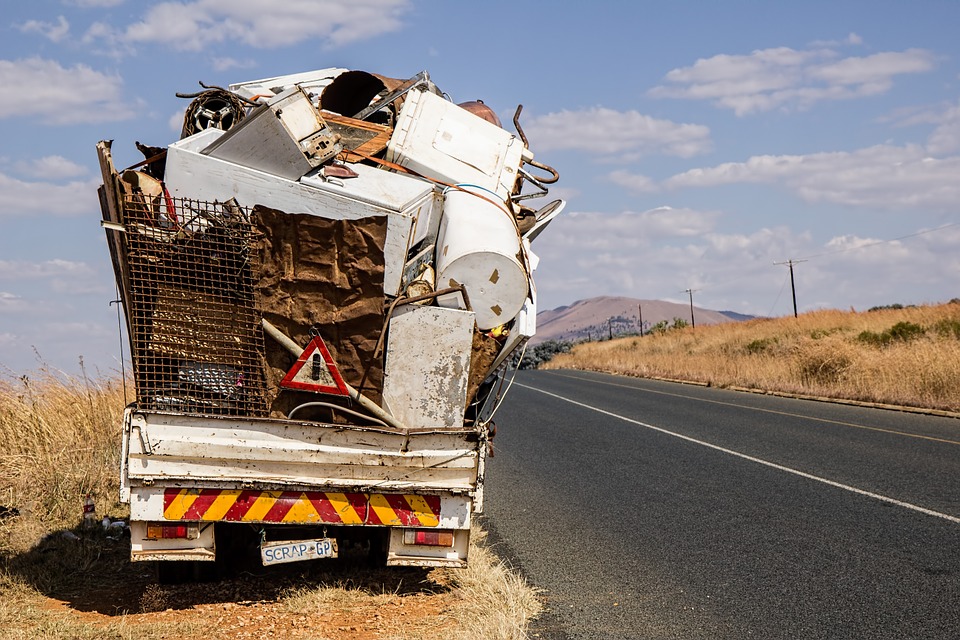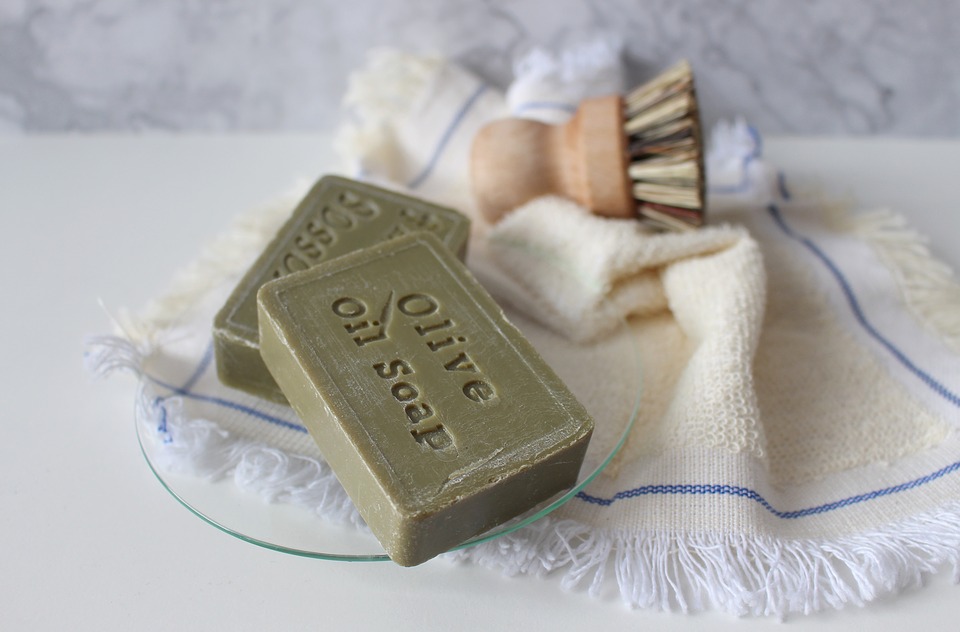Zero waste living refers to a lifestyle that discourages waste and sending trash to fill landfills. It is about looking into different ways that will help address environmental issues and create sustainable living. Here are some ways to get started and eventually lead to a zero-waste lifestyle.

Back to Basics
When you are looking at ways to reduce your total ways with the intention to eventually get it down to zero, you need to go back to the basics of environmental friendliness. This means that you need to remember the fundamentals to reuse, reduce, and recycle. These are taught at an early age but are soon forgotten as people begin to enter adulthood and the temptations of desires of a consumerist world often take precedence over the need for conservation. It is important that you find ways to prioritize items that you can put through multiple uses, from food containers to plastic bags.
If possible, you want to reduce the amount of waste through various minimalist practices, and for items, you cannot reuse, always try to understand what can be recycled. Recycling in particular is lost among many people that do not take the time to learn what plastics and products can be recycled to avoid filling landfills, and what items cannot make their way to such recycling plants.
Less Is More
Focusing more on the reduction aspect of your lifestyle changes, it is important to consider methods to minimize your overall waste. You want to lessen the amount of consumption you practice through your daily life and shopping habits. Being more mindful of the things that you need and don’t need is a great way to become closer to reducing your waste to zero.
You will not only find this has environmental benefits, but also can be financially beneficial as you are not spending as much on items you do not need. Learning to live with what you have and prioritize your happiness on people and experience over the accumulation of stuff will translate to an improved way of being.
Food Practices
One of the biggest ways that people consume and create waste is through food. Many grocery stores and restaurants can provide a prime example of just how much food goes to waste. You want to ensure that you try to reduce as much wasted food when eating out, always taking leftovers home or even ordering just enough to satisfy you but not too much. When looking at your own food practices, ensure that you are mindful of expiration dates in order to minimize the amount of food you throw away.
Also consider that food production and manufacturing also have an environmental impact, as many processed goods have to expend a great deal of energy to make and package your foods. One consideration to help reduce your environmental waste impact is to start eating differently and prioritize fresh foods over processed ones.
Lifestyle Changes
Another big change you need to consider to be more zero waste friendly is to change your lifestyle practices and the products you buy. Similar to food, many products are made with chemicals and ingredients that are not natural and require a lot of energy to be used in order to create them. Things like soaps, shampoos, and lotions should be items in your bathroom to reevaluate, exploring reviews and information at TRVST.World to be better educated. Other products to look at are the clothes and furnishings you get, being considerate of their ecological impact. In addition to reducing your overall product consumption and purchases, you want to be a smarter consumer and look at exactly what you are buying to ensure that your products are made as environmentally friendly as possible.

Long Term Changes
In your path to leading a zero-waste lifestyle, it is important to look into the long-term solutions and changes that you can make. This means making purchases that will help you reduce your waste during your day-to-day life. Buying a reusable water bottle will help you reduce the amount of one-time plastic you use, and doing this for an entire household will have a significant impact. Looking at ways to improve your home with things like lightbulbs that use less energy, or insulation to improve your home and reduce your use of heating or cooling systems are all ways that you can explore. Consider your home and the changes you can make to improve your ecological footprint.
The goal of a zero-waste lifestyle is to eventually want to eliminate the amount of waste thrown into oceans, and landfills, as well as having no waste for incinerators as that causes major environmental damage. This will help improve the environment and secure the longevity of the planet and its health.










